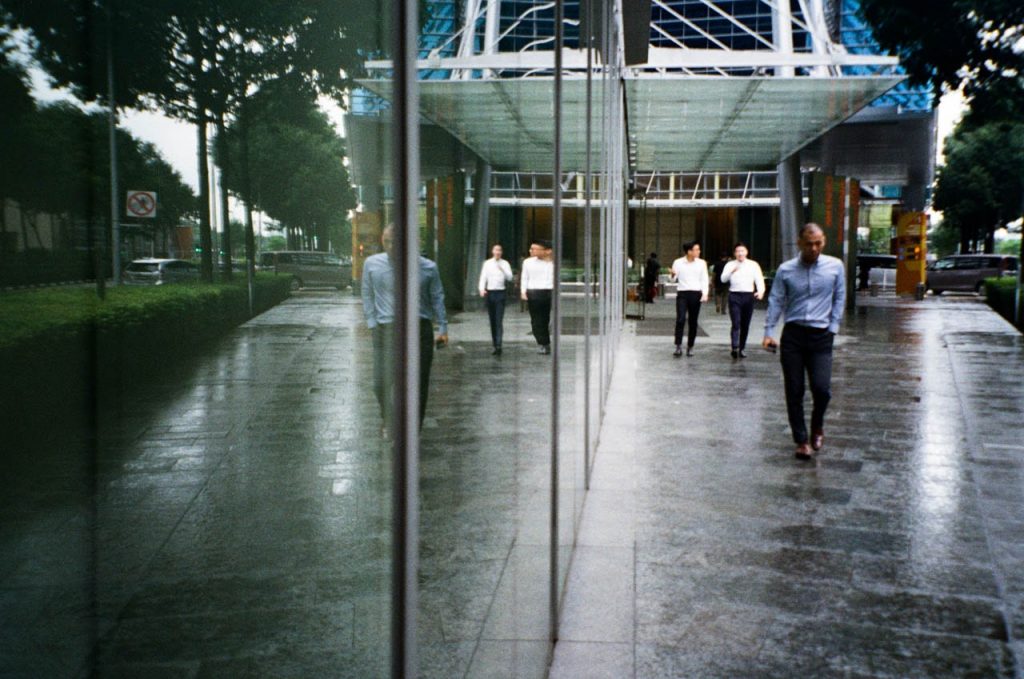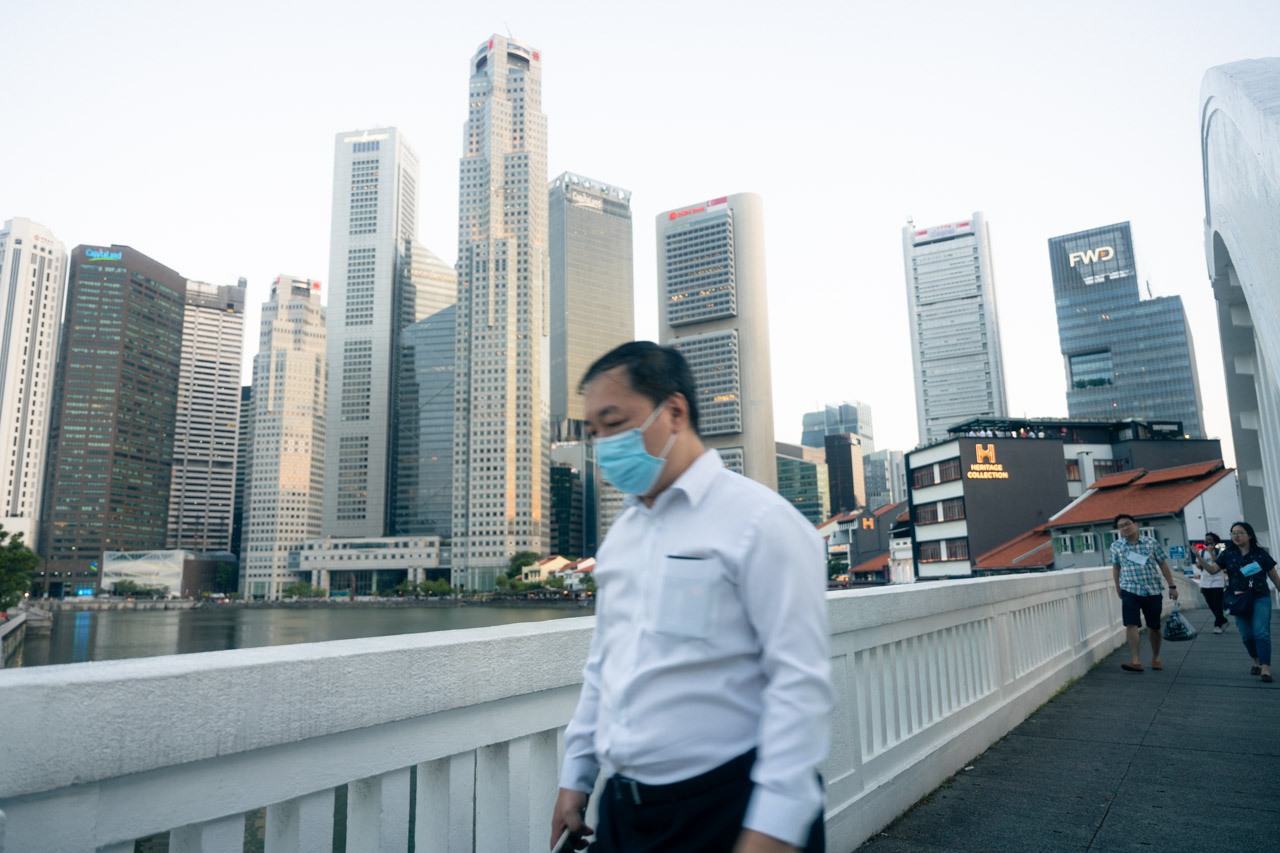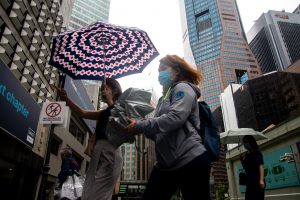Top Image: Stephanie Lee / RICE Media File Photo
When Prime Minister Lee Hsien Loong announced that Tripartite Guidelines on Fair Employment Practices (TAFEP) would be enshrined into law in August 2021, there was cause for celebration. After all, this would be a significant move against workplace discrimination.
The Prime Minister explained that writing the guidelines into law was a major move “philosophically”. Philosophical intentions proved too little to curb workplace discrimination.
ADVERTISEMENT
However, that celebration was short-lived. The same guidelines were not legally binding.
According to an Association of Women for Action and Research advisory, maternity discrimination is the most common form of discrimination in the workplace.
Employers cite a variety of myths to explain away their discriminatory hiring practices. The most common excuses are that working mothers are less productive, hurt the bottom line, and must accept the consequences of their choice to have children.
The perennial problem with TAFEP guidelines is that employers are highly encouraged to follow them, but have been described as “toothless”.
While there have always been available avenues for employees to seek recourse, errant employers are emboldened because of the absence of strong deterrents.
Not anymore. Singapore has proposed a workplace fairness law that outlines what exactly amounts to discrimination and how employers should go about hiring.
The suggested workplace fairness law will not replace TAFEP guidelines. Instead, the new law will work together with existing guidelines.
The Law That Couldn’t Have Come Any Sooner
The new Workplace Fairness Discrimination framework, to be passed in the second half of 2024, will have stronger protections for segments of society that have historically received the brunt of discriminatory hiring practices.
Workers with disabilities, women planning on having children, and mothers still breastfeeding can expect Singapore’s first workplace fairness law to curb discriminatory hiring and workplace practices.
Interestingly, the law also enshrines a set of “protected characteristics”, one of them being caregiving responsibilities.
Under the new proposed law, the Ministry of Manpower can now publicly name employers involved in “egregious cases” of workplace discrimination. This new move is on top of its current powers of suspending work pass privileges.
Naming and shaming errant employers have added new teeth to guidelines that have once been described as lacking some.
On July 6 2021, before TAFEP was enshrined into law, Labour Member of Parliament Patrick Tay suggested that TAFEP be given “more teeth and bite”. He asked and he has received.

How Successful Has TAFEP Actually Been?
That being said, TAFEP has been relatively successful in handling workplace discrimination practices.
ADVERTISEMENT
In a Parliamentary response in September 2021, the Minister for Manpower revealed that TAFEP received an average of 379 workplace discrimination complaints a year between 2014 and the first half of 2021.
Only a third of these cases were discovered for discriminatory practices. These employers were referred to MOM for further investigation. An average of 41 a year were found to have breached guidelines.
The remaining two-thirds of the cases were unsubstantiated.
While TAFEP has been successful in identifying and putting a stop to discriminatory practices, surely the ideal scenario would be stamping out any forms of discrimination completely—employers should not have been discriminatory in the first place.

Dangerous Workplace Discrimination
Whether TAFEP and Singapore’s new Workplace Fairness Law can work hand in hand remains to be seen.
But the new proposed Workplace Fairness Law is indeed a step in the right direction. In workaholic Singapore, workplace discrimination can affect other areas of our lives.
In a study in the United States, workplace discrimination is associated with depressive symptoms; minority groups are particularly at risk.
We could see the same dangerous phenomenon happening in Singapore if workplace discrimination is not eliminated from our offices.

The Utopia of Workplace Fairness
Realistically, workplace discrimination will continue to exist as long as humans are required to work.
Only stronger legislation stands in the way of curbing errant employers, who now have to think twice before stating that they prefer “Chinese and Malays only” in their job postings.
Such errant and outwardly discrimination can only be stamped out by equally bold and iron-fisted legislation.
In that sense, Singapore’s new Workplace Fairness Law, a significant milestone for Singapore’s workforce, is a welcome move towards the promised land of workplace fairness for all.






